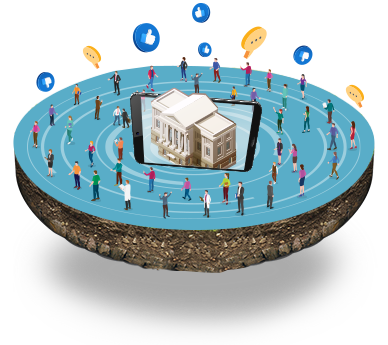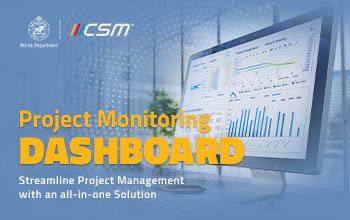.jpg)
In a constantly evolving business landscape where data rules the roost, data pipelines are the unsung heroes. Though undervalued, data pipelines are the spine of the data management architecture. Their role is akin to the circulatory system as data pipelines power the seamless data flow from the source to the destination, nourishing every step and process along the way. These pipelines ensure that data is extracted, transformed, and loaded (ETL) in a structured and reliable manner.
Data pipelines play a crucial role in data management by enabling organizations to efficiently collect, organize, and analyze vast amounts of data. They automate the process of data extraction, transformation, and loading (ETL), reducing manual effort and minimizing errors. With data pipelines, organizations can gain valuable insights, make data-driven decisions, and improve overall efficiency and productivity.
In the age of foundation models, designing a promising data pipeline is more important than tweaking the model architecture itself. To put it differently, preparing data for input to the model in an effective way impacts the model's accuracy and performance.
Market Trends & Growth of Data Pipelines
Since the advent of big data analytics and cloud computing, the data pipeline market has experienced significant growth. Factors such as the proliferation of data sources, the need for real-time data analysis, and the demand for data-driven decision-making have led to the growth of data pipelines. Artificial Intelligence (AI) and Machine Learning (ML) have further fueled the adoption of data pipelines.
Challenges & Limitations
The path of data from the source to the destination is riddled with challenges like:
Data Security and Privacy Challenges:
Securing and protecting data is one of the main challenges of data pipelines. To maintain data privacy, organizations must implement robust security measures during the flow of sensitive data through their pipelines and adhere to regulations such as GDPR.
Data Integration and Compatibility Issues:
In data pipelines, integrating data from disparate sources with different formats and structures can be challenging. Ensuring compatibility between different data formats and systems can be difficult and time-consuming.
Data Quality and Cleansing Challenges:
Data pipelines face a significant challenge in maintaining data quality. For accurate analysis and decision-making, data may contain errors, duplicates, and inconsistencies.
Data Pipeline Scalability Challenges:
Scalability becomes increasingly challenging as data volumes grow exponentially. Increasing data loads must be handled without affecting performance or delaying data processing.
Complexity:
The ever-evolving technology landscape introduces a plethora of tools and frameworks, making pipeline orchestration and maintenance more complex. As more tools are added to the stack, keeping track of all the components, updating them, and ensuring that they are functioning properly becomes more challenging.
.jpg)
Future Vision and Trends in Data Pipelines
Data pipelines are poised to play an even more crucial role in the future as data-driven decision-making becomes more prevalent.
Automated Intelligence:
Expect AI-driven data pipeline orchestration and maintenance. These pipelines will learn from historical data, making them more adaptive and self-healing. This is similar to how a car learns from its past driving experience and adjusts its driving behavior accordingly. With repeated use, the car's AI-driven programming allows it to become a better driver.
Real-Time Everything:
The demand for real-time analytics will only grow. Data pipelines will evolve to handle real-time data processing at scale, enabling instant decision-making. As the amount of data generated grows exponentially, businesses need to be able to quickly analyze and act on it to stay competitive. Real-time analytics allows them to do just that, providing them with the information they need to make decisions and take action quickly.
Data Privacy and Ethics:
With increased scrutiny on data privacy and ethics, data pipelines will incorporate more robust security and compliance features, ensuring data protection and ethical data use. Companies recognize that data privacy and ethics are essential and must be proactive in protecting their data. As a result, they are investing in data security and compliance features to ensure that their data is protected from unauthorized access or misuse and that it is used ethically.
Serverless Pipelines:
Serverless architecture will make data pipeline deployment and management more accessible, reducing operational overhead. For instance, serverless architecture allows developers to quickly deploy data pipelines without worrying about the underlying infrastructure, such as servers, storage, and databases.
Data pipelines have come a long way from their humble beginnings as plumbing to becoming the architects of data-driven revolutions. Opportunities and challenges abound in the future. In the near future, data pipelines will continue to evolve, adapt, and transform. They will embrace AI, adhere to ethical standards, and orchestrate real-time data with precision. Data pipelines are not just a conduit; they are the conduit to your organization's success, regardless of whether you are a seasoned data veteran or just starting out. Be curious, keep innovating, and let your data pipelines power your journey into a brighter, data-driven future.


























































We will verify and publish your comment soon.